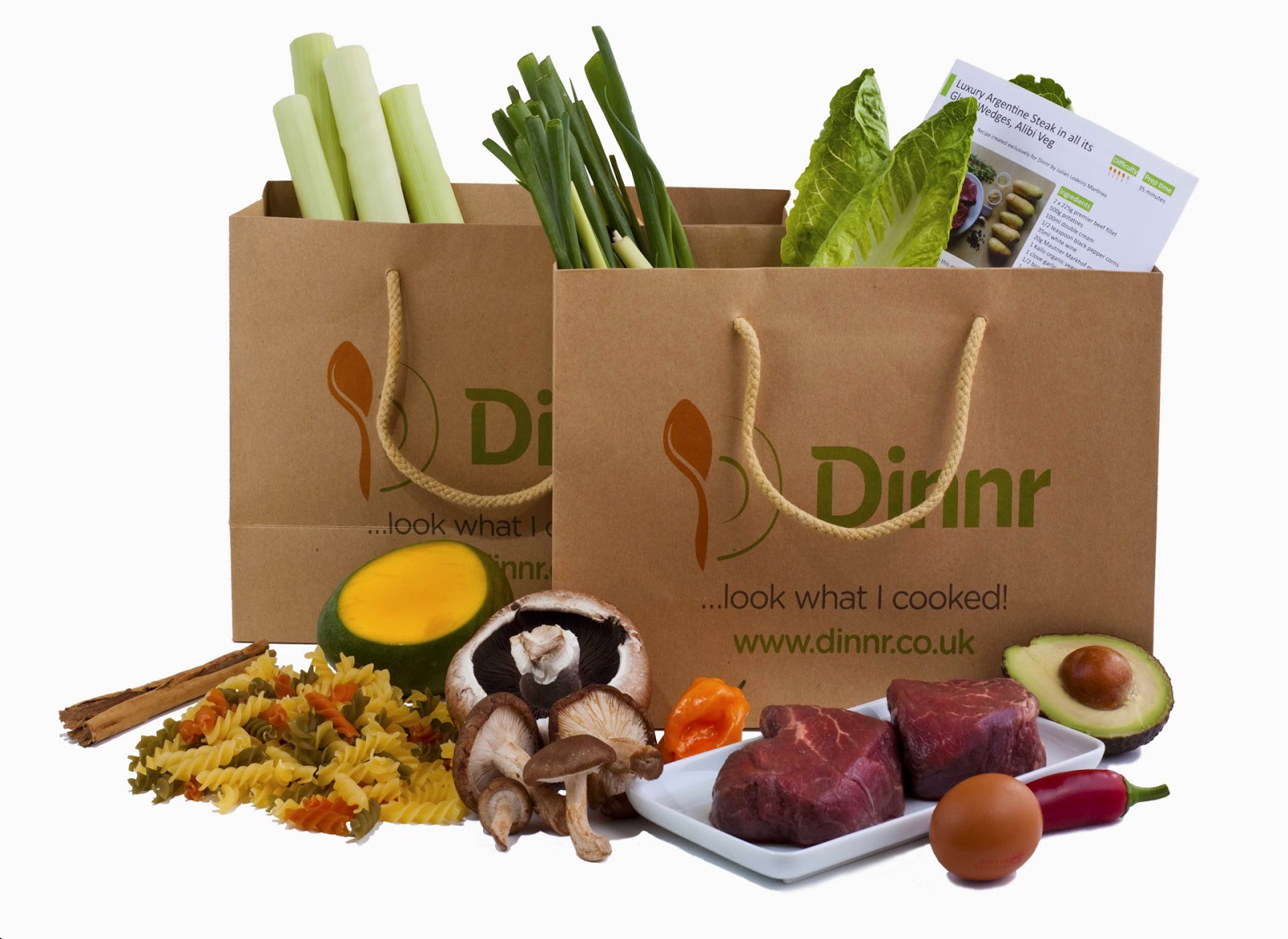(Background: Dinnr was an ad-hoc, same day ingredient delivery service. Select a recipe on our website, and we deliver everything you need to cook that recipe at home, all the items pre-measured with printed instructions. All you need at home is oil, salt and pepper and a reasonably equipped kitchen.)
It all ended on 12 January 2014, when I decided not to accept a small second round of investment I had secured via crowd-funding platform Seedrs. Seedrs knew about the difficulties we were in and we agreed with the Seedrs team that it was best to cancel the investment. I had run out of ideas on how to turn things around, how to make people buy our product. The only thing I would do with this money would be to try to acquire more infrequent customers and keep the lights on for another few months. No way it would be an investment that would give investors a 10x return.
It wouldn't have been enough money to pivot to another business model. No one (myself included) even had a good hypothesis on what it could be that would work in London and that we could leverage our assets for.
I wasn't particularly tired. Even after months of fruitless trying, I was as keen to make things happen as in the early days, but I did feel like I arrived at the end of a dead-end street. Pulling the plug radically was the only reasonable (and ethical) thing to do.
In those days, I spent 9 hours a day, 6 days a week, sitting in a cold warehouse in West Acton, hot air blowers creating 25 degree bubbles around parts of my body in an otherwise 14-15 degree room. The large industrial fridges were empty. Long gone were the days I pre-stocked ingredients for faster order fulfillment. Now, when an order would come through, I would jump on my bike and buy fresh ingredients at a nearby superstore. After 15 months of operations, we had approximately one order per day, generating on average £26 in revenue and supposedly 30% in gross margin, but given the low volumes, we were losing money on every order.
Now, with the distance of a few months, it sounds positively crazy to run a "business" like this. But of course, one sticks to the guns because one has set out to make things happen and one has an obligation to investors. And then there's the adage of "a winner never quits", tales of entrepreneur legends who lost all their money, got abandoned by family and friends, were so hungry that they ate cardboard, only to triumph in the end and build a global empire.
But I had realized that it was over. Dinnr simply didn't have legs (never had them to begin with, to be explained below) and I had reached an inner state where continuing would have been insane. After having spent tens of thousands of pounds of my personal money and working obsessively on an idea that had inspired me for a long time, I felt that I had given it all and that it was time to move on.
This rather long blog post is about my lessons learned and is a post mortem. I will try not to go too much into the Dinnr specifics. Most of the readers of this post will not be interested in Dinnr itself. Instead, I will try to reflect on my 18 months and 12 days of entrepreneurship and see what I can come up with that will be applicable to any startup.
Rock'n'Roll.
